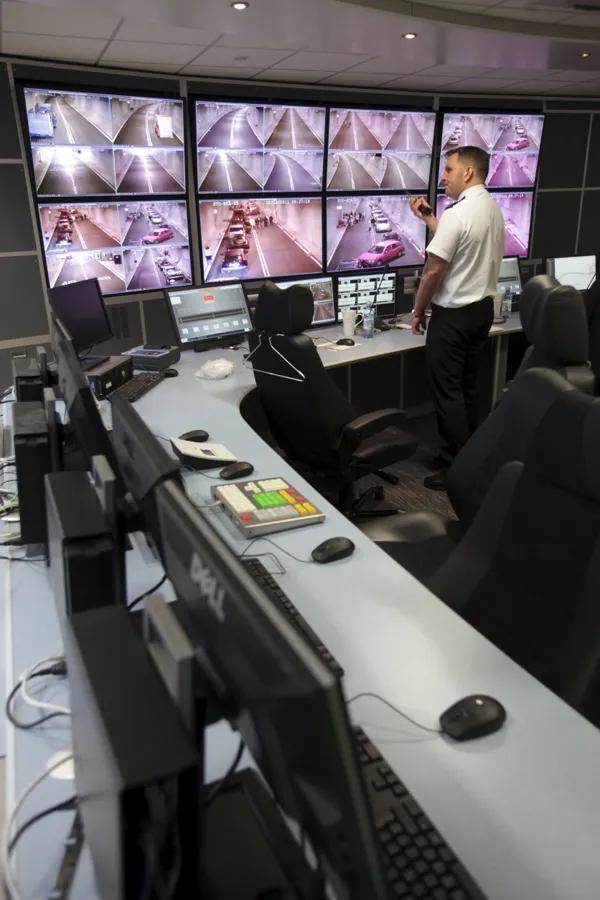Driving the bore for Colombia’s new Tesalia Tunnel is now complete. The 3.5km tunnel forms part of the Pacifico 3 road project.
By MJ Woof
April 20, 2020
Read time: 1 min

Now that that driving work is finished, the engineers will complete the lining of the tunnel and then carry out surfacing and installation of the lighting and ventilation systems. The tunnel is expected to be ready for traffic in 2021.
Work on the Pacifico 3 road project is well underway. The 146km route links Colombia’s Risaralda Department, Caldas Department and Antioquia Department. The project has so far cost US$989 million.







